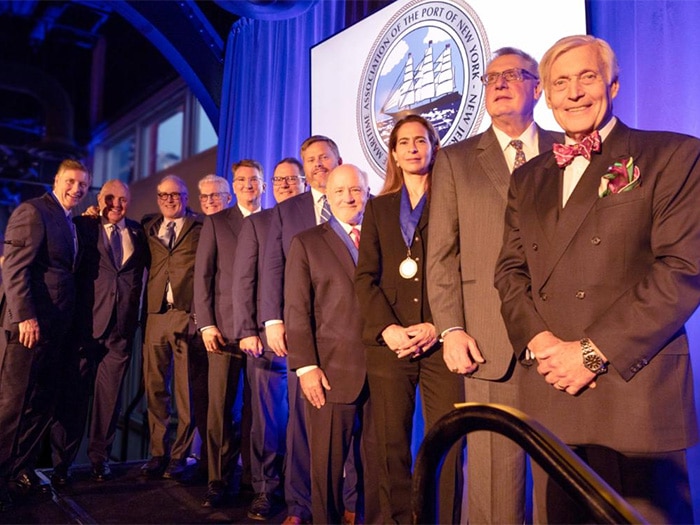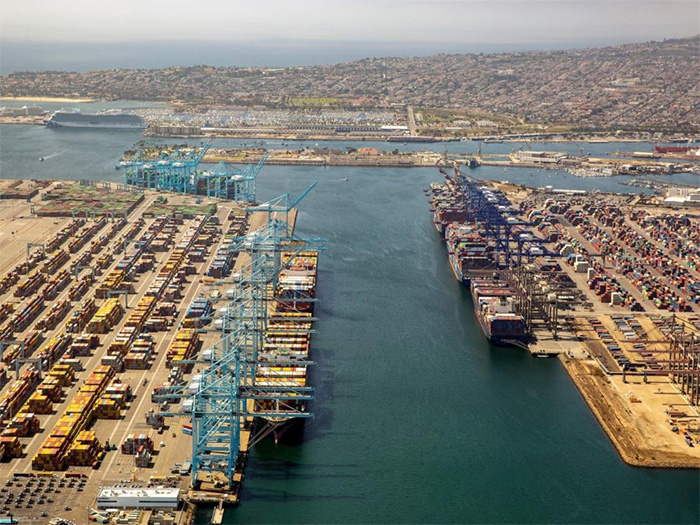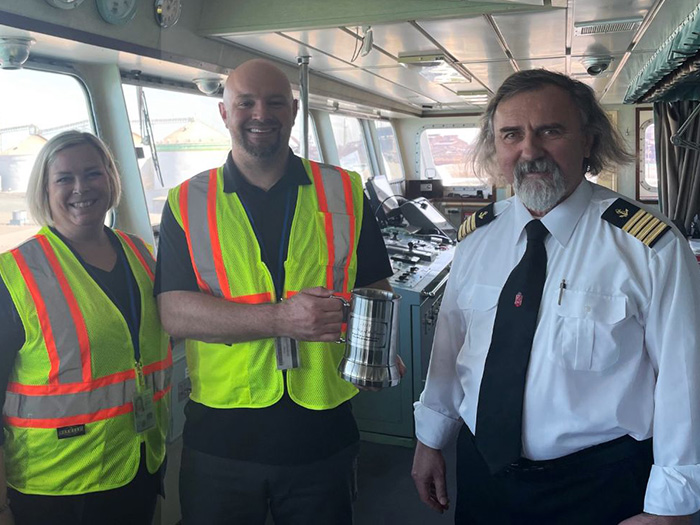
By and Photo : MAREK GRZYBOWSKI
Gdańsk University of Technology (GUT) did not slow down during the pandemic. Scientific research is being conducted.

All lectures and exercises that did not require work in laboratories take place remotely. Importantly, professors and students maintain contact with the practice. The recruitment process for studies has begun.
The university was suddenly faced with the decision to cancel lectures in university buildings in mid-March. It was a new experience for both students and professors.
“Certainly it was a difficult decision, but it was to be expected. Recently, at the Gdańsk University of Technology, we have implemented a number of solutions aimed at maintaining the functioning of our university to the fullest extent possible,” said Professor Krzysztof Wilde, rector of the Gdańsk University of Technology (GUT) in an interview with Maciej Dzwonnik.
Distance Learning. The authorities of Gdańsk University of Technology, in consultation with the GUT Students’ Union, decided to introduce changes in the functioning of the university and a new organization of classes in the summer semester. The changes also applied to the allocation of places and student returns to dormitories.
“Gdańsk University of Technology was in a good situation, however. A Distance Learning Center has been operating here for several years. Gdańsk University of Technology has been using its own distance learning system for several years,” says Professor PG dr Anita Dąbrowicz-Tlałka, Deputy Director for the Development of Didactics, Mathematics Teaching and Distance Learning Center (Centrum Nauczania Matematyki i Kształcenia na Odległość CNMiKnO).
Mathematics Teaching and Distance Learning Center Infrastructure was created as part of the “Engineer of the Future” Project, coordinated by Professor Edmund Wittbrodt. The Center for Teaching Mathematics and Distance Education (CNMiKnO) has a total of 407 positions for teaching, including 155 positions using ICT. The Polytechnic a few years before the pandemic COVID-19 prepared for e-education. Laboratory exercises will start in June.
Technology (WOiO) has already published a schedule of laboratory classes on its website. “We managed the remote teaching classes without any problems. We are prepared to start classes in laboratories,” informs Professor PG dr hab. Eng. Janusz Kozak, dean of the Faculty of Ocean Engineering and Ship Technology.
During the classes, students will have the opportunity to practice welding techniques, materials testing, ship building and repair technology, ship power plant operation, technical diagnostics of machines and energy systems, and many other practical exercises necessary for the work of a future shipbuilding engineer.
“The laboratories will be held in small groups. After every class, the rooms and equipment will be disinfected. Classes will be held with special precautions. Groups will be smaller and changes will be made to eliminate contact between groups,” explains the dean Professor Janusz Kozak.
Faculty WOiO actively cooperates with maritime industries. As a result, all graduates find a job and go to shipyards, ship equipment companies, design offices, certification institutions around the world. Cooperation between WOiO and business is developing well within the Baltic Maritime and Space Cluster. For example, CADOR has launched a Competence Center, where training is provided on the latest Siemens and CADOR programs. Each course ends with a certificate. The software sharing process is possible thanks to Siemens’ openness.
GUT fights against coronavirus. Scientists and PG students took part in the fight against coronavirus. GUT scientists have launched a potential to support the Pomeranian community in the fight against coronavirus. The temperature monitoring stand built by scientists from the Department of Biomedical Engineering PG was installed at the UCK Invasive Medicine Center in Gdańsk. The employees of the Faculty of Mechanical Engineering made 300 helmets for the staff of the Maritime Medicine Center in Gdynia. Adapters for connecting special filters to sports masks are made on 3D printers.
Recruitment. GUT offers technical studies in 33 fields of study, at 9 faculties. Students are offered the opportunity to participate in research in research teams or student research clubs. Gdańsk University of Technology as the only university in Europe in the 2016/2017 academic year started a new type of study together with other universities from Pomerania: Space and satellite technologies. These are masters studies providing both technical, organizational and legal knowledge.
GUT and BSSC organized the first conference on autonomous vessels in Central Europe. Scientists, business representatives as well as students and startups took part in it. GUT launches the Doctoral Implementation School. Implementation doctorates will be the result of scientific research carried out at the request of industry and business. This is one of the few doctoral schools of this type in the Baltic Sea region.
















